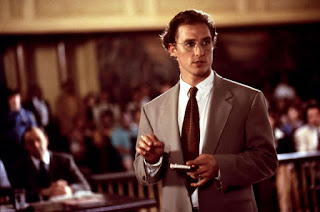Do not take my child away from me.
Ms. L.
vs
Government
Immigration Entities.
Introduction
In the Democratic Republic of Congo, women are being raped nearly
every one minute. Women have reported high levels of
sexual abuse in different cities of the country. The war in
Congo will never stop,
millions of people are dying, others are fleeing the country, and Congo is
falling apart. Imagine women and children’s living conditions. Wouldn’t you
desperately want to escape that horror?

Mommy don’t let them take me.
Ms. L. after escaping the Democratic Republic of Congo with her little
daughter who was 7 years old. Traveled “7,884 mi Distance to the
United States from Democratic Republic of Congo” and presented herself with her daughter S.S. to border
guards at the San Ysidro Port of Entry on
November 1, 2017. She told the officers the fear of going back to the Congo. She was given a credible fear
interview. The asylum officer concluded she had a credible fear
persecution. She was placed in formal
removal proceedings to pursue her asylum claim.
When
they initially arrived in the United States, they were detained together. Four
days later, the child was taken away from her and sent 2,000 miles away to a facility in Chicago.
She sobbed when leaving her mommy. Without further arguments the defendants
separated them. There was never any legitimate reason to separate them. Separating immigrant parents
from their children is unconstitutional. Ms L. and S.S were not able
to see each other, and every time they spoke on the phone S.S had been crying
and afraid. Ms. L likewise depressed, sad, and unable to eat or sleep. This separation is causing emotional and psychological harm and could potentially lead to permanent emotional trauma. After Ms.
L. filed a lawsuit, she was notified of her released just hours in advanced
from custody on March 6, 2018. No arrangements for a place to stay were made.
The child was not released and remained in custody alone in Chicago.
Question
“Let’s assume that due process is
afforded as constitutional right to mothers of another country who illegally
enter the United States with a child and are seeking asylum in the United
States. Before separating the mother and the child, what would be required to
afford them due process?
